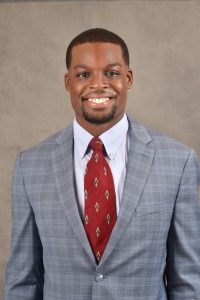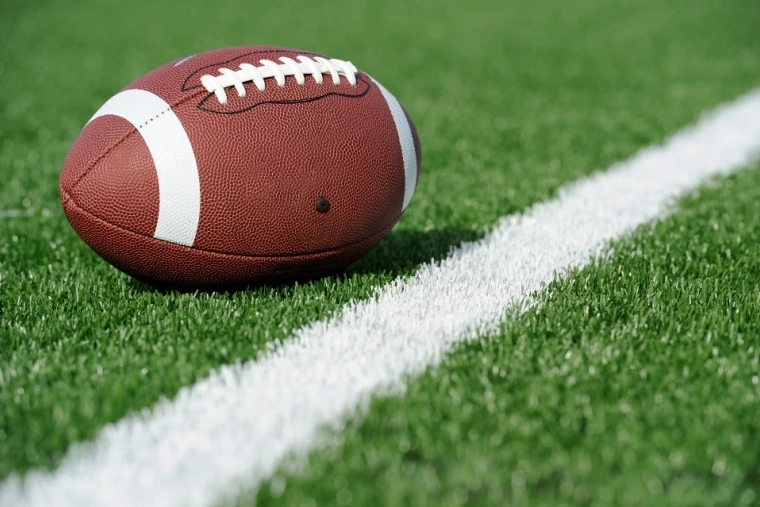Growing up in Central Islip on Long Island, football was more than just a game for Livingstone Harriott. It was a microcosm for life, offering lessons that still guide him on his path to becoming a lawyer and as he gives back to his hometown community.
“I owe a lot of who I am to my experience playing football,” Harriott says. “Learning how to embrace challenges and adversity during the most stressful points in life and day to day is so important. What it takes to be successful, and how you respond to obstacles, are all experiences that are common to football.” The game that shaped those insights took Harriott from high school football star to Ivy League wide receiver at Brown University, where he earned honorable mention All-Ivy for his performance on the field.

After graduating from college and working at a tech startup, Harriott chose to attend St. John’s Law, where he is now in his final year. For the past two summers, he has applied practical knowledge and skills gained in the classroom to his work at a top New York City law firm. He is also building leadership experience and making professional connections as president of the Federal Bar Association Law Student Division’s St. John’s Chapter.
Despite his busy schedule, Harriott still finds time to return to his high school stadium and oversee the Central Islip Alumni Football Camp, an eight-day summer program where he teaches football techniques and foundational skills to student athletes. “Because of my appreciation for what sports have taught me, I want to give kids in my community that same opportunity for life-shaping experiences,” he shares.
Harriott carries that appreciation for sports and community forward as he completes his legal education at St. John’s and prepares to work full time as a corporate attorney. “Many of the effects of letting youth sports deteriorate in our communities, especially under-served communities, are latent but have major impacts on student outcomes,” he says. “I want to push my community in the right direction, to inspire youth football players to be better versions of themselves on and off the field, and also inspire community leaders to do more. Together with former teammates who also volunteer their time, I have more in store to give back.”

